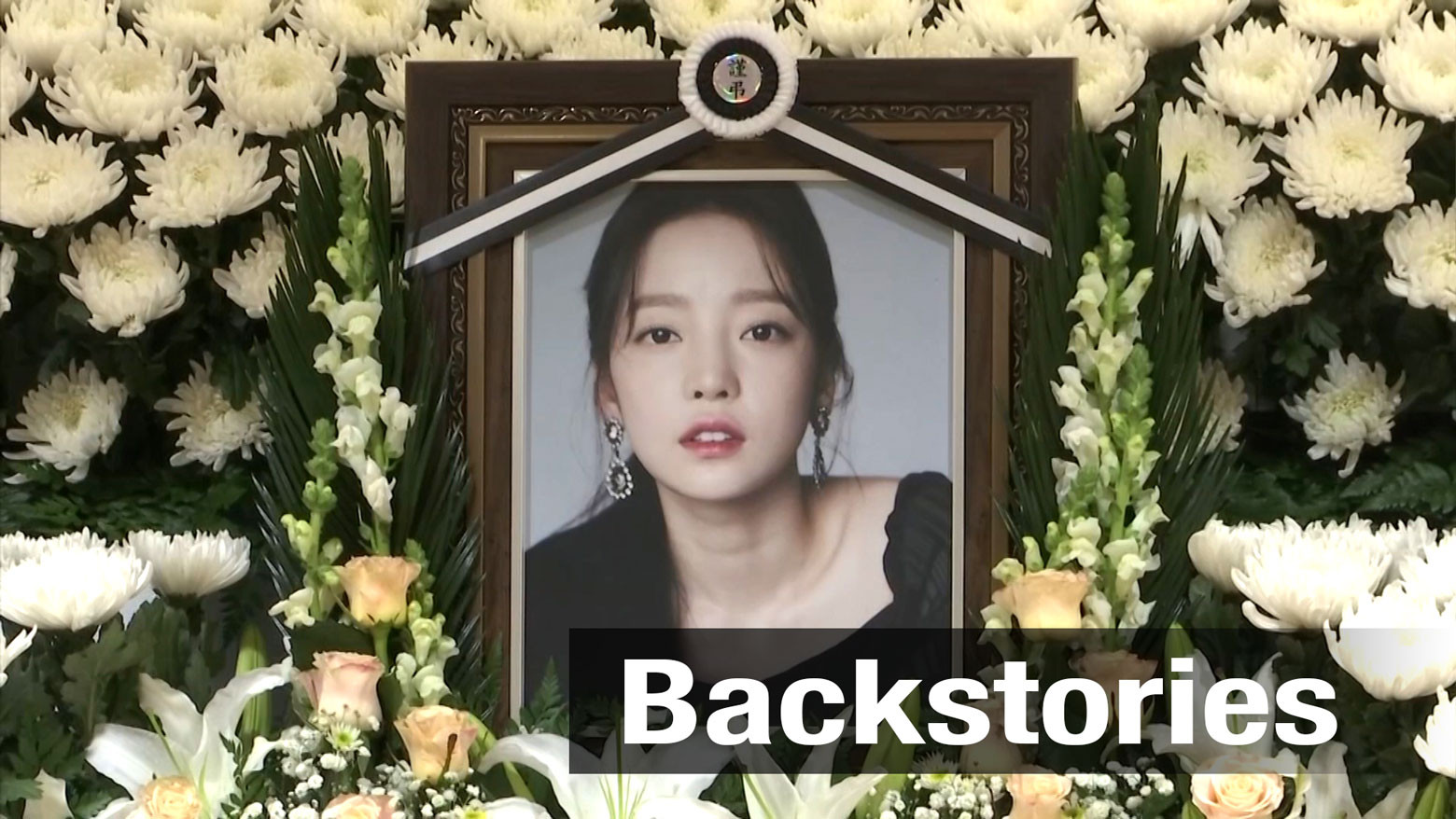K-pop star Koo Hara was found dead at her home in November. Police suspect she took her own life and speculate that cyberbullying may have contributed.
Close friend Sulli, another pop idol who had been targeted by cyberbullies, also killed herself just a month before Hara died.

Pop star Son Naeun has been also the target of cruel comments on her Instagram page. Cyberbullying appears rampant in South Korea, with people from all walks of life becoming targets.
Lee Sung-jin enjoys exchanging messages with his 11,000 YouTube followers. But in January, a violent threat in a comment on one of his videos shook him to the core.
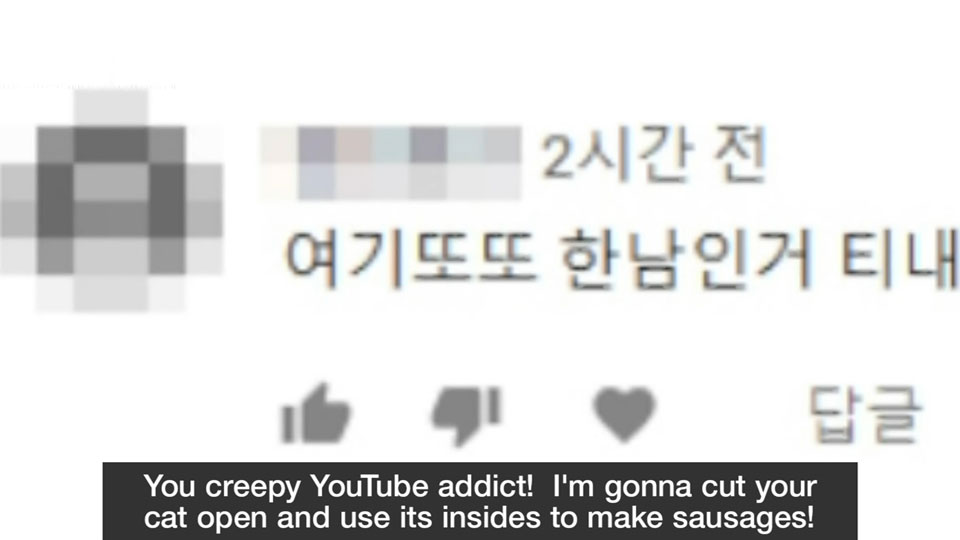
Lee deleted the comment and blocked the author. Soon after, a direct message with a gruesome image of a cat that looked just like his own, arrived via Instagram.
The image started to haunt him. He couldn't sleep and constantly felt ill. He was afraid he might run into the sender somewhere and sought counseling.
He said getting just one nasty message made him sick, if he had gotten dozens or hundreds of them, he might have felt like dying, so he fully understands how some people feel pushed to the edge.
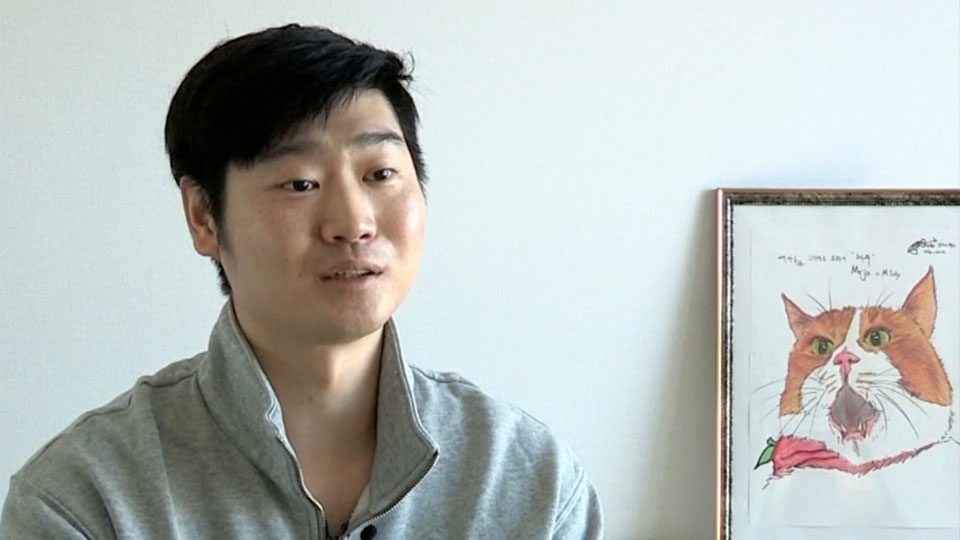
Lee decided to file a complaint against the commenter. After a six-month investigation, the authorities found the culprit -- an ordinary woman in her 20s. She admitted to the allegations, saying she felt jealous of Lee, as he looked so happy in his videos.
Statistics show there have been more than 80,000 reports of cyberbullying since 2014.
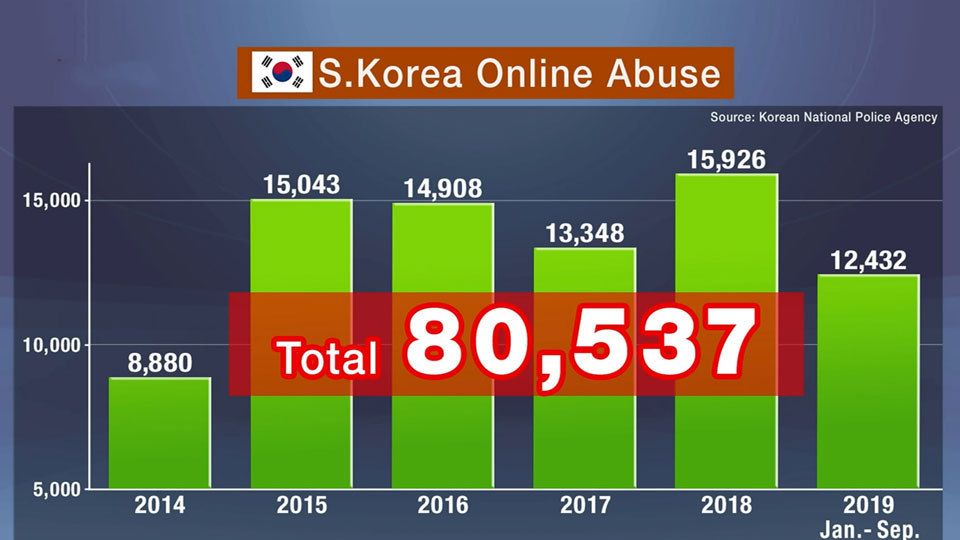
Forensic psychologist Lee Soo-jung says anyone can become a victim of cyberbullying... or a perpetrator.
"Most people want to have their existence recognized by others," says Lee. "When they fail to draw attention in their real lives, they try to fulfill their desire online. They commit these acts toward people who they really don't know in real life, and most of whom are famous like those in the entertainment business.
"They start to feel as if they had private relationships with those people. But when they feel ignored, get no response even after posting nasty comments, or have their access blocked online, this could be a trigger to cause personal anger."
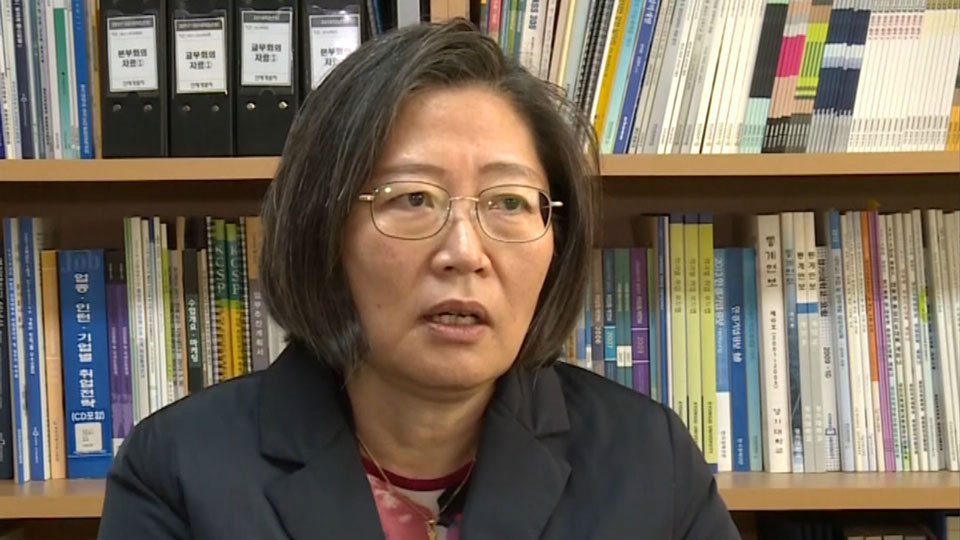
That realization is feeding a growing movement toward fighting online harassment by encouraging people to interact more positively on the internet.
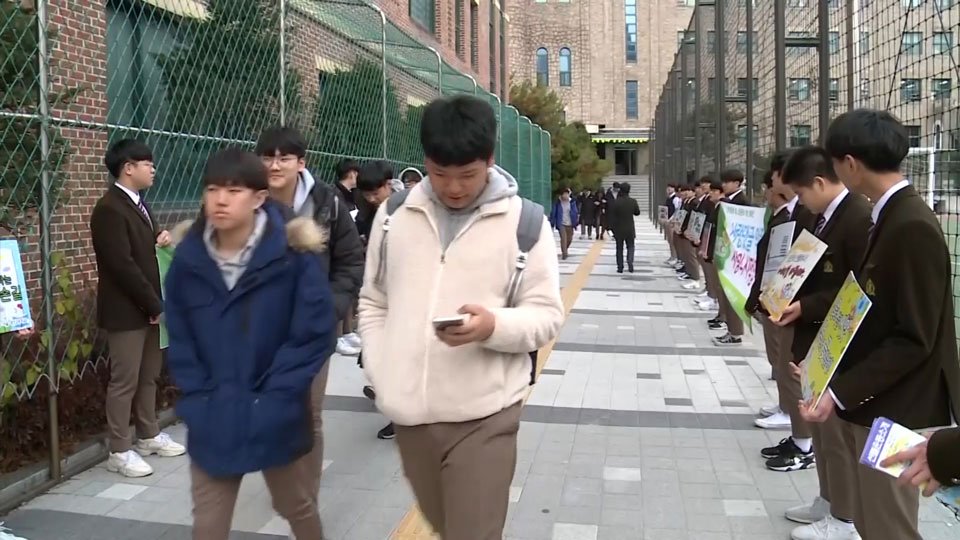
This school has been campaigning for change since 2015, after a student who had been bullied online committed suicide.
"The campaign isn't going to stop everyone from writing mean comments that are meant to hurt," says teacher Kong Won-ki. "But if our efforts can reduce these messages even just a little, I think we should continue what we're doing."
The issue has long been discussed, but with cyberbullying effectively becoming a deadly weapon in some cases, South Korean society is still searching for a solution.
